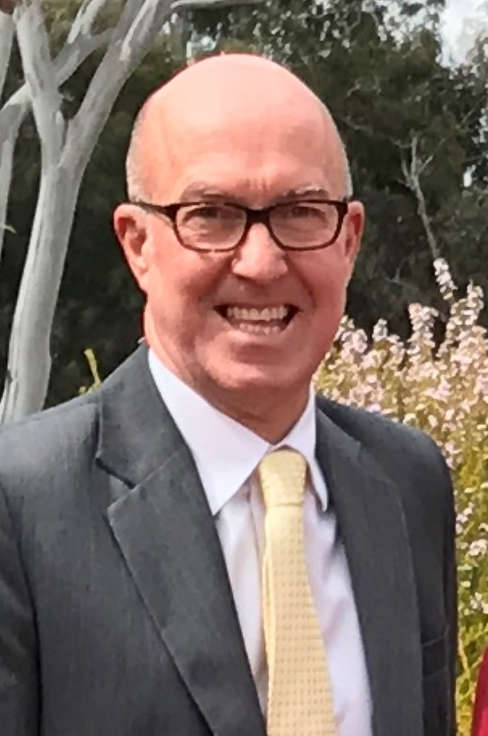
Professor Russell Roberts
Charles Sturt University, Conference Co-Chair
Dr Russell Roberts is professor of mental health, and leadership at Charles Sturt University, and Clinical Associate Professor at University of Sydney. He is national director of Equally Well Australia, which oversees the national implementation of actions to improve the physical health of people living with mental illness. He is also a Chief Investigator on the Rural Universities Network, mental health research collaborative.
He is a board member of Australian and New Zealand Mental Health Association, and has previously served on the NSW Mental Health Commission Advisory Council, as Director of Clinical Training at Griffith University, as Editor in Chief of the Australian Journal of Rural Health, and as Chair of the Workplace Mental Health Symposium. He is referenced as one of the 50 most influential rural Australians.
Russell has extensive experience as a clinician, rural mental health service director and academic. He has worked as Clinical Psychologist in rural SA, Qld and NSW. As the Executive Director of a mental health service in western NSW, he led an organisation of over 1,000 staff, and $110 mil pa budget delivering comprehensive services across the spectrum of care. Facilities in his organisation ranged from Australia’s largest integrated mental health hospital, to teams in Australia’s most remote locations such as Bourke, Lightning Ridge and Wilcannia.
With state, national and international awards in E-mental health and Aboriginal workforce development, Russell has over two decades of experience in developing, implementing, and consolidating new and innovative health services across a range of complex service environments. He has led the development of several of innovative, programs such as the Mental Health Emergency Care Rural Access Program, the Mental Health Rural Outreach Service, and the Aboriginal Workforce Development Program. He has published over 100 refereed journal articles, books and book chapters, over 60 conference presentations, 15 keynote speeches, with $12.7 mil in research grant funding and over 5,400 citations of his research work.
.png?width=200&height=80&name=RMHC%20LOGO%20-%201%20(Colour).png)